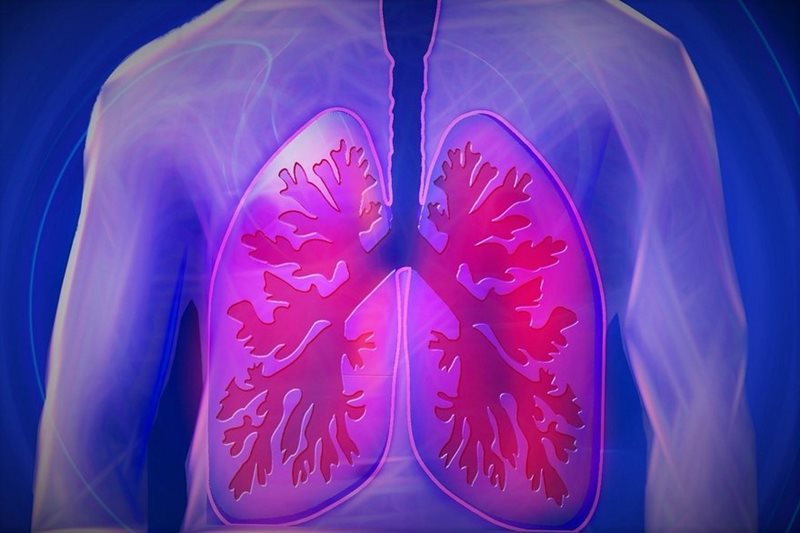68Ga-FAPI PET/CT may be Better than 18F-FDG PET/CT for Staging Lung Cancer
 A prospective study published in Radiology suggests that68Ga-labeled fibroblast-activation protein inhibitor (FAPI) PET/CT may be better than18F-labeled FDG PET/CT for staging lung cancer, especially in detecting metastases in the lymph nodes, brain, bone and pleura.
A prospective study published in Radiology suggests that68Ga-labeled fibroblast-activation protein inhibitor (FAPI) PET/CT may be better than18F-labeled FDG PET/CT for staging lung cancer, especially in detecting metastases in the lymph nodes, brain, bone and pleura.
Researchers from the Nanfang PET Center, Nanfang Hospital of Southern Medical University (Guangzhou, China) evaluated 34 patients with a median age of 64 who underwent both68Ga-FAPI PET/CT and18F-FDG PET/CT. While the two modalities performed similarly for primary or recurrent tumors in the lung, the authors found68Ga-FAPI PET/CT depicted more positive lymph nodes (356 vs. 320) and more distant metastases (255 vs 193) than18F-FDG PET/CT.
In the brain,68Ga-FAPI PET/CT depicted significantly more metastases than18F-FDG PET/CT (72% compared to 31%) using MRI as a reference.68Ga-FAPI PET/CT similarly outperformed18F-FDG PET/CT in detecting bone metastases (109 vs 91) and pleural metastases (66 vs 35).
The authors conclude that “lung cancer is a gallium 68 (68Ga)–labeled fibroblast-activation protein inhibitor (FAPI)–avid tumor, and68Ga-FAPI PET/CT showed some superiorities to fluorine 18 (18F)–labeled fluorodeoxyglucose (FDG) PET/CT in the detection of suspected metastases to the lymph nodes, brain, bone, and pleura.”
The added that other studies (Kratochwil et al) have demonstrated similar findings, suggesting that68Ga-FAPI PET/CT may help detect early-stage lung cancer as well as help guide treatment decisions.
Related Articles
Citation
68Ga-FAPI PET/CT may be Better than 18F-FDG PET/CT for Staging Lung Cancer. Appl Radiol.
January 6, 2022